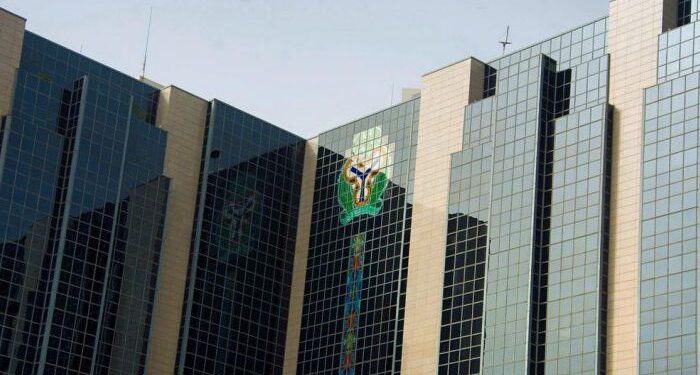Nigeria’s Minister of Industry, Trade, and Investment has announced plans to engage with the Central Bank of Nigeria (CBN) over the $2.4 billion outstanding foreign exchange (FX) forward contracts. The move aims to address growing concerns from businesses affected by delays in fulfilling these contracts, which are essential for international trade and operations.
Understanding FX Forward Contracts
FX forward contracts are agreements between the central bank and businesses to exchange foreign currency at a predetermined rate on a future date. These contracts help businesses hedge against foreign exchange volatility and facilitate transactions involving imports, exports, and other cross-border operations.
However, Nigeria’s FX challenges, driven by declining reserves, currency devaluation, and increased demand for dollars, have caused delays in honoring these contracts, leaving businesses in a difficult position.

Minister’s Intervention Plan
The minister emphasized the importance of resolving the backlog, citing the adverse effects on industries that rely on FX to import raw materials, equipment, and other essentials. Key steps include:
- Dialogue with CBN:
Engaging with the central bank to explore solutions for clearing the backlog of contracts without further destabilizing the forex market. - Support for Affected Businesses:
Identifying industries most impacted and working to provide interim relief measures to sustain operations. - Policy Recommendations:
Proposing long-term strategies to improve forex liquidity and minimize future contract delays.
Impact on the Business Community
The delays in FX forward contracts have disrupted supply chains, increased operational costs, and strained business relationships with international partners.
“Many firms are struggling to keep up with commitments due to delayed access to forex. This issue, if unresolved, could weaken investor confidence and stifle economic growth,” said economic analyst Tunde Adebayo.
CBN’s FX Challenges
The CBN has faced significant pressure to manage Nigeria’s forex demands amid dwindling reserves and a floating exchange rate system. Recent reforms, including the unification of exchange rates, have aimed to attract foreign investment and improve liquidity, but challenges persist.
Path Forward
Resolving the $2.4 billion FX forward contracts will require balancing the interests of affected businesses with the central bank’s need to stabilize the forex market. The minister’s engagement with the CBN signals a collaborative approach to addressing these critical economic issues.
Stakeholders are hopeful that this intervention will pave the way for improved forex policies, restore business confidence, and ensure the smooth operation of industries dependent on foreign currency transactions.
Support InfoStride News' Credible Journalism: Only credible journalism can guarantee a fair, accountable and transparent society, including democracy and government. It involves a lot of efforts and money. We need your support. Click here to Donate
